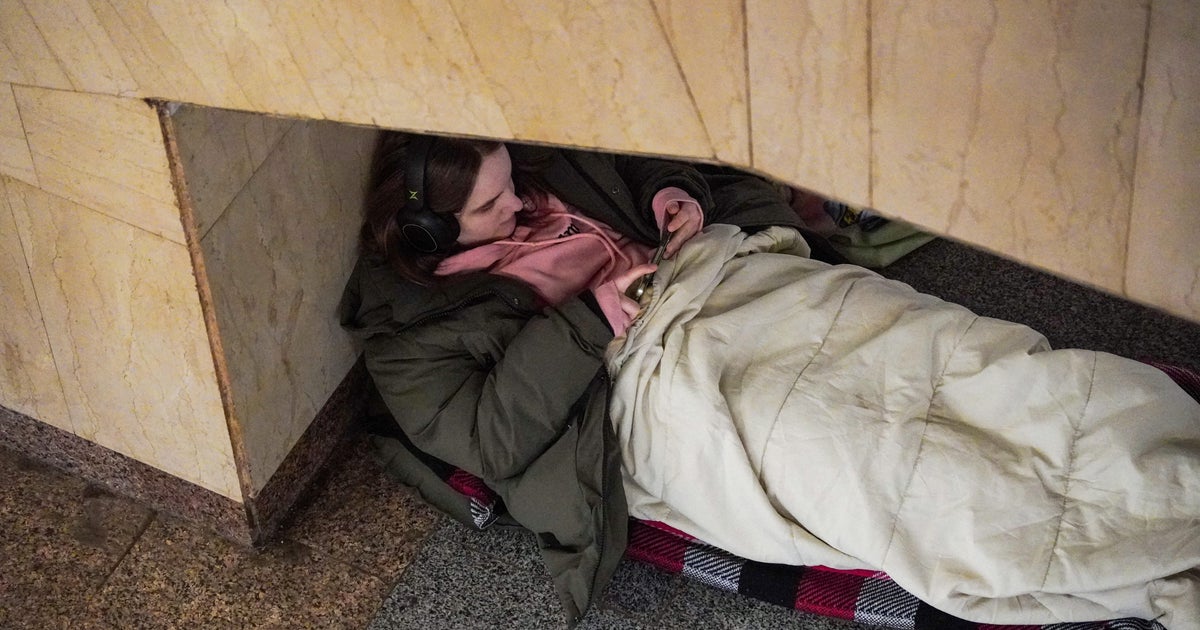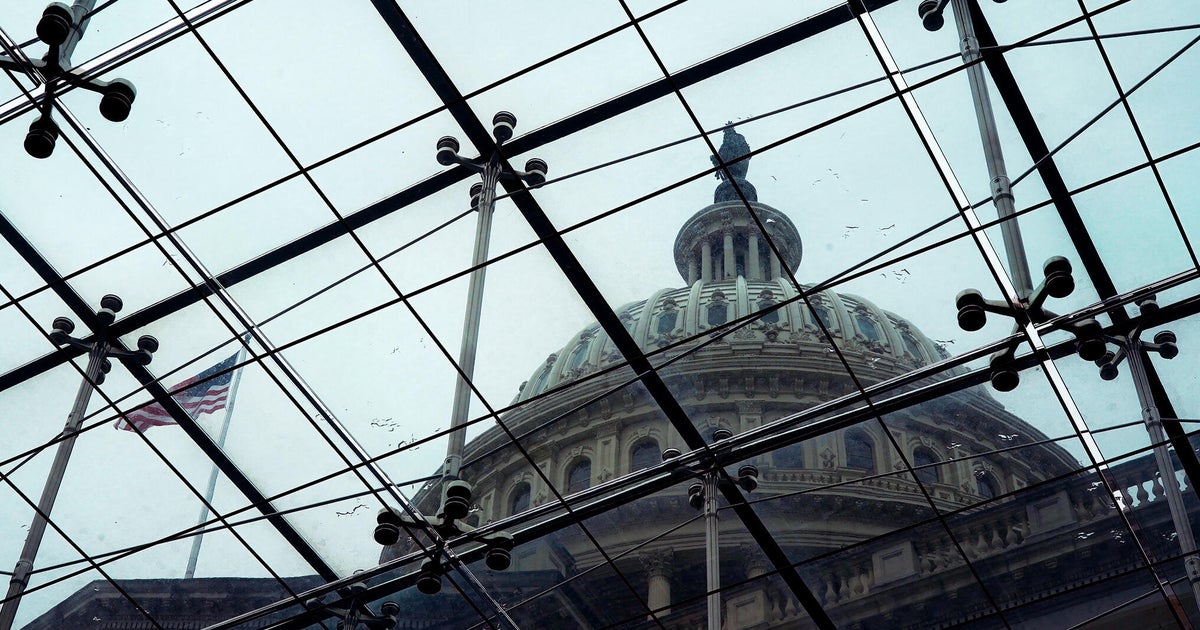Did Donald Trump Jr. break the law?
Just to recap, where are we in all of this?
Over the weekend, The New York Times revealed that Donald Trump Jr., the president's oldest child, corresponded with music promoter Rob Goldstone last year. The two discussed setting up a meeting between Trump Jr. and a Russian lawyer with close ties to the Kremlin, and that meeting took place on June 9th, 2016.
Trump Jr. originally said that the meeting with the lawyer was really just a discussion of the Kremlin's ban on American citizens adopting Russian children. He then changed his tune when faced with the Times' reporting, saying that the Russian lawyer had offered him dirt on Hillary Clinton, although nothing came of it. The meeting was attended by now-White House senior adviser Jared Kushner and Paul Manafort, who was then President Trump's campaign manager.
Then on Tuesday, Trump Jr. tweeted out screen shots of his emails with Goldstone in which they set up the meeting. Trump Jr. said he was doing so in the name of transparency, although it apparently had something to do with the fact that the Times was about to publish the emails.
In any event, the emails did not make Trump Jr. look good. Goldstone said that the information the lawyer had about Clinton was being offered to the Trump campaign "as part of Russia and its government support for Mr. Trump." Goldstone also intimated that the information had originated with Russia's top law enforcement official.
Trump Jr. responded enthusiastically. "Seems we have some time and if it's what you say I love it especially later in the summer," he wrote.
So is that the "collusion" between the Trump campaign and Russia we've all heard about?
Depends on how you define collusion, which isn't really a legal term in this case. But it is a Trump campaign aide, who also happens to be the son of the nominee, knowingly signing off on receiving intelligence on their opponent from a hostile foreign power.
Can you go to jail for collusion?
Again, it's not really a legal term, at least not one that could be applied to a case like this. (Collusion can be a crime when it comes to antitrust cases, but that's a long way from what we're talking about.) So, in a strict sense, no. But more on that in a little bit.
Well, was it treason?
This is what some Democrats, including former vice presidential candidate Tim Kaine, are saying. But as far as the law is concerned, this is not treason, a crime that involves betraying the U.S. to a hostile power and that can carry the death penalty.
So this was all legal?
Here's where things get tricky. Bob Bauer, President Obama's White House Counsel, spelled out at JustSecurity.org how what Trump Jr. did could be construed as a breach of federal campaign law. Bauer argues that it is illegal for an American citizen to provide "substantial assistance" to a foreign national "providing a 'thing of value" to influence an election."
"It is also illegal to solicit a contribution or expenditure–any 'thing of value;–from a foreign national," Bauer writes. "…A solicitation also need not be express[ed]: it can be implied."
Barak Cohen, a former federal prosecutor, sounded a similar note to The Washington Post. "The emails tell me that he's aware that the Russian government is trying to influence the election in favor of Trump, and they also indicate an intent, at least on the part of Donald Trump Jr., to entertain the idea of working with the Russians in their efforts," Cohen told the paper. "It raises a number of potential areas of liability."
However, attorney Shannen Coffin, a former counsel to Vice President Dick Cheney, told CBS News that it's "a real stretch to call it an FEC violation and it doesn't fit treason." He added that to call the information provided by the Russian lawyer a "thing of value" is "a ridiculous stretch."
George Washington University Law School professor Jonathan Turley concurred, telling CBS News that the idea that the meeting might be in violation of campaign finance laws "truly otherworldly." He added that there has been "no case in history" that has considered information "a thing of value," and if it were, "any journalist would be in violation of federal law."
Is there any legal jeopardy here?
All of this could change if Trump Jr., Kushner, or Manafort lied to any law enforcement officials about the meeting. As far as Trump Jr. is concerned, he has only misled journalists so far, which is not a crime. But it's likely to catch the attention of prosecutors.
"Conflicting stories for prosecutors," says Turley, are "like blood in the water for a shark. It attracts prosecutors and investigators. They want to know why there's conflicts."
Further, do those Trump Jr. emails contradict any information campaign associates have already provided to the FBI? If so, that could lead to criminal charges, CBS News' Julianna Goldman points out.
And for Kushner -- why didn't he disclose the meeting when he submitted his government security clearance form?
If one of these guys gave a false statement to a federal officer, we might be looking at a clear-cut felony.
"The government tends to use false statements to prosecute people in Washington more than any other crime," says Turley.
Tuesday evening, CBS News is reporting that Trump Jr.'s emails and meeting with the Russian lawyer fall under the special counsel's mandate and are expected to be looked at by investigators as part of the overall collusion investigation.
Editor's note: Steptoe attorney Shannen Coffin's name was misspelled in an earlier version of this story.
CBS News' Julianna Goldman, Laura Strickler, Andres Triay and Pat Milton contributed to this report.



